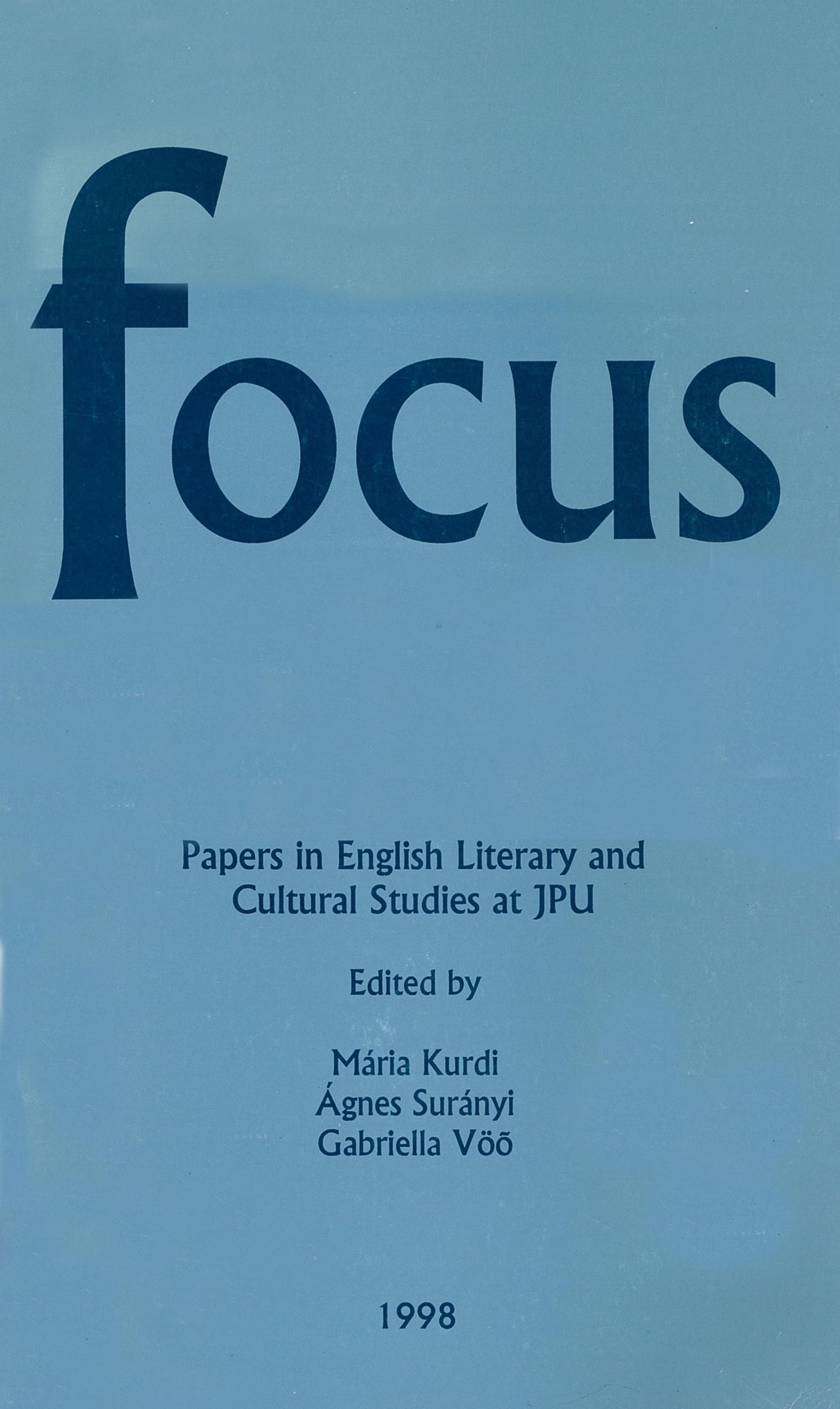"They Pass and Make a Sign": Conrad's Passage on Semiotics
Abstract
In the myth of Narcissus and Echo, Ovid brings together those themes of reflection, substitution and desire that have permeated literary thought for centuries, proved central to Freud and Lacan, and often been the clandestine subject matter of the kind of literature that addresses its own mode of functioning. A turn-of-the-century example is Joseph Conrad’s The Nigger ofthe “Narcissus.” Like the Greek fable, it is also the story of linguistic substitutions, that of a triangular relationship between a main character, his self-image and others. Both technically and psychologically, this is as much the stoiy of the crew as James Wait’s. The same applies to the myth, too, where Echo may technically be seen just as central as Narcissus, where the act of constant displacement, or echoing, is inextricably bound up with the act of complete identity, or reflection. This is an odd duplicity: any narcissistic obsession with one’s mirror image—which, after Lacan, cannot but remain illusory—is both the confirmation of one’s identity as well as its undoing.
Downloads
Published
How to Cite
Issue
Section
License

This work is licensed under a Creative Commons Attribution-NonCommercial-NoDerivatives 4.0 International License.
FOCUS: Papers in English Literary and Cultural Studies follows the principles laid down by Creative Commons, which provides guarantees for the Author’s copyright while also ensuring that intellectual properties are made available for the wider public in a digital form. All papers submitted to the journal apply the following licence conditions (indicated on the journal’s website as well as in individual publications):
“© This work is licensed under a Creative Commons Attribution-NonCommercial-NoDerivatives 4.0 International License.”
You are free to:
- Share, copy and redistribute the material included in the journal in any medium or format under the following terms:
- Attribution — You must give appropriate credit to the Author, and indicate the original place of publication [FOCUS: Papers in English Literary and Cultural Studies, Issue nr., page numbers.].
- NonCommercial — You may not use the material for commercial purposes.
- NoDerivatives — You are not allowed to remix, transform, or build upon the material.
- The above conditions must always be indicated if the journal material is distributed in any form.
- The above conditions must always be met, unless a written permission signed by the Author and the Editor-in-Chief states otherwise.

